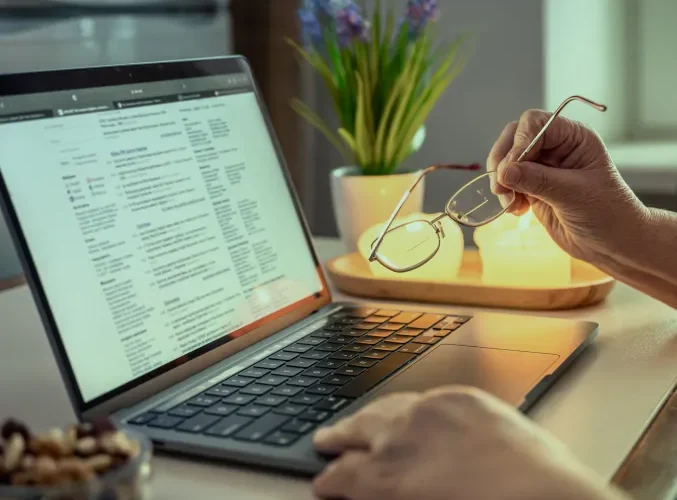Six Brazilian pharmaceutical companies occupy the top 10 in the industry
State policies and moves by multinationals have helped change sector dynamics
A survey carried out by Grupo Farma Brasil revealed significant changes in the performance of national pharmaceutical companies since 1998.
A comparison of the number of Brazilian companies on the top 10 market shareThis trend can be seen in the different sections, as well as confirming that the sector is now more concentrated.
In 1998, for example, the Aché was the only brazilian pharmaceutical company in the ranking, ranking fifth with a market share of 4.7%. At the time, the most prominent companies in the sector had an average market share of 4.42%. Now, six companies from the country are on the list. NC Group, Eurofarma, Hypera, Aché, Libbs e Biolab concentrate, on average, 5.12% of the market.
Strengthening Brazilian pharmaceutical companies as a state policy
The choice of date was not random, since the year after 1998 marks the beginning of a series of government initiatives aimed at strengthening the sector. The start of operations of Anvisathe enactment of the Industrial Property Law and the implementation of the generic medicines are among the factors that have boosted and consolidated the national pharmaceutical industry.
These changes required a complete revitalization of the industrial parks of brazilian companiesto adapt production to the demands of bioequivalence required for generics and face competition from multinationals, which controlled around 60% of the market in the early 2000s.
Subsequently, a state policy aimed at forming companies with a global reach also helped the sector. During President Luiz Inácio Lula da Silva's first term in office (2003-2010), the Profarma (Program to Support the Development of the Pharmaceutical Production Chain), with resources from the BNDES to support industrial modernization, R&D and consolidation of national companies. BNDES. In the same year, the People's PharmacyThe aim is to increase access to essential medicines through subsidies and agreements with private pharmacies.
Recent market movements have also helped
Another trend that has helped consolidate Brazilian companies in the country is the multinationals' preference for the R&D and innovation segments. More and more big global pharma negotiates or outsources its "mature products" portfolioThis will open up space for national laboratories.
These negotiations were also important for moving the domestic market. In 2021, for example, the sector recorded an intense pace of business between pharmaceutical companies.
Eurofarma itself kicked things off by acquiring 12 PIMs from Hypera Pharmawhich in turn made the purchase of 12 Sanofi brandsincluding AAS and Cepacol. A Chemical Union incorporated nine female hormones from Bayer and, of course, the German company's factory in São Paulo. A EMS also went to the market and bought the Caladryl family of Cellera Farma. Another protagonist of the year was FQMwhich became the exclusive representative of the Floratil brand in Brazil with the expectation of increasing revenue by 30% in the first 12 months of operations.
"Foreign laboratories are targeting projects to develop drugs with high added value, which have a smaller volume but a high turnover," he says Henrique Tadaexecutive director of Alanac. "It's the rationalization of businesses in order to make better use of human capital, because many are focusing on specialty areas," he says. Nelson MussoliniCEO of Sindusfarma.
Check out the full article: Pharmaceutical industry




